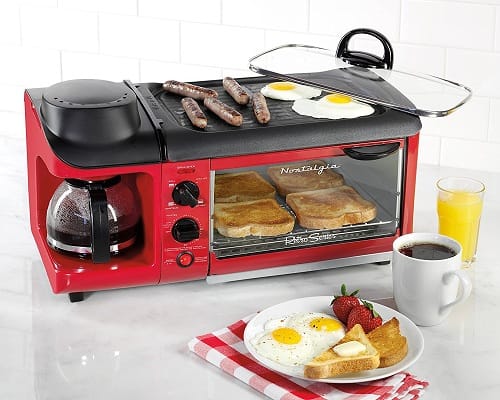
Homeownership is nothing short of a milestone in one’s life. You can say that it’s an essential part of the American Dream, if not the core of it. Despite homeownership rates slowly declining since 2008, this dream still burns brightly in the hearts and minds of Americans. Nothing says building your long-term equity and setting your own rules better than a house under your name.
With that said, homeownership can happen in one of two ways: buying a built property or building one from the ground up. Both options have their respective pros and cons, but more people tend to pay attention to the aspect of cost. Which of the two will put less strain on a homeowner’s finances?
Define ‘Cheap’
Before delving deep into this discussion, you have to ask yourself: “What do I mean by ‘cheap’?” You can see yourself paying less right away or paying more right now but saving more over time. Below are two key figures to help get the point across.
- The average price of a single-family house in the 2020 market is USD$334,500 (National Association of Realtors).
- The average cost of building a 2,500-square-foot house in 2020 is USD$485,128 (National Association of Home Builders).
As you can see, buying a house will save you USD$150,628, which you can spend on adding your personal touches. On the other hand, new construction using modern materials will help keep any need for post-construction changes to a minimum for the first several years.
Building Materials
As far as building materials go, there’s a world of difference between buying and building a home. While some properties in the market are relatively new, you can expect others to be as old as your parents. The U.S. Census Bureau’s American Housing Survey in 2011 found that the median year for houses in the country was 1974; some homes can go way back.
According to real estate consultants, 1970s-era houses were usually 1,000 square feet smaller, had slab-on-grade concrete foundations, and had lead and asbestos. The current market values most of these homes at around USD$200,000 but provided that they remain unchanged for nearly 50 years. Years of retrofitting and remodeling can jack up their prices considerably.
New construction has technology on its side. Living in a Worldwide Steel Building or any modern building enjoys the advantage of improved manufacturing processes and construction techniques. It also has competitive pricing; steel buildings have become less costly per square foot than older materials like wood.
Buyer’s Market
In buying a new home, most people expect to play the waiting game. Their aim is for house prices and mortgage rates to drop as low as possible–the market to become more favorable to buyers. Such conditions usually occur around fall or winter, but buyers hold off until the coveted ‘spring market’ comes.
This year’s spring market has been wild by some estimates. A report by The Motley Fool indicates a 125,000-unit deficit in available real estate properties, forcing many buyers to pay top dollar for the few that are for sale. In other words, there are only half as many properties for sale as last year.
Regardless, buying a home has the upper hand over building one when a buyer’s market happens. When building a new home, you won’t have the option of waiting, but you have to consider the weather considerations. Builders need to take necessary precautions to protect the foundations from extreme heat and cold, driving costs up. They’re also usually busy during the fall, which can add to the overall price.
If there are new houses for a steal, buying one may seem financially sound. Before closing the deal on a property, however, take time to consider factors other than price. Take advantage of local or federal housing programs and visit the property and its surrounding area.
Conclusion
Contrary to what you may have read, there’s no straightforward answer to this question. The needs of every aspiring homeowner vary too much to come up with a one-size-fits-all solution. So, here are some takeaways from this discussion:
- If you think it’ll be your home for a long time,
- If you don’t want to worry about constant maintenance,
- If you need a home but don’t want to spend too much,
- If the market is incredibly favorable to homebuyers,
- If you still can’t decide or have no idea, ask an expert for help.
Always remember that only you can define what’s cheap to your finances. Whatever you choose, a comfortable and worry-free house is money well-spent.





